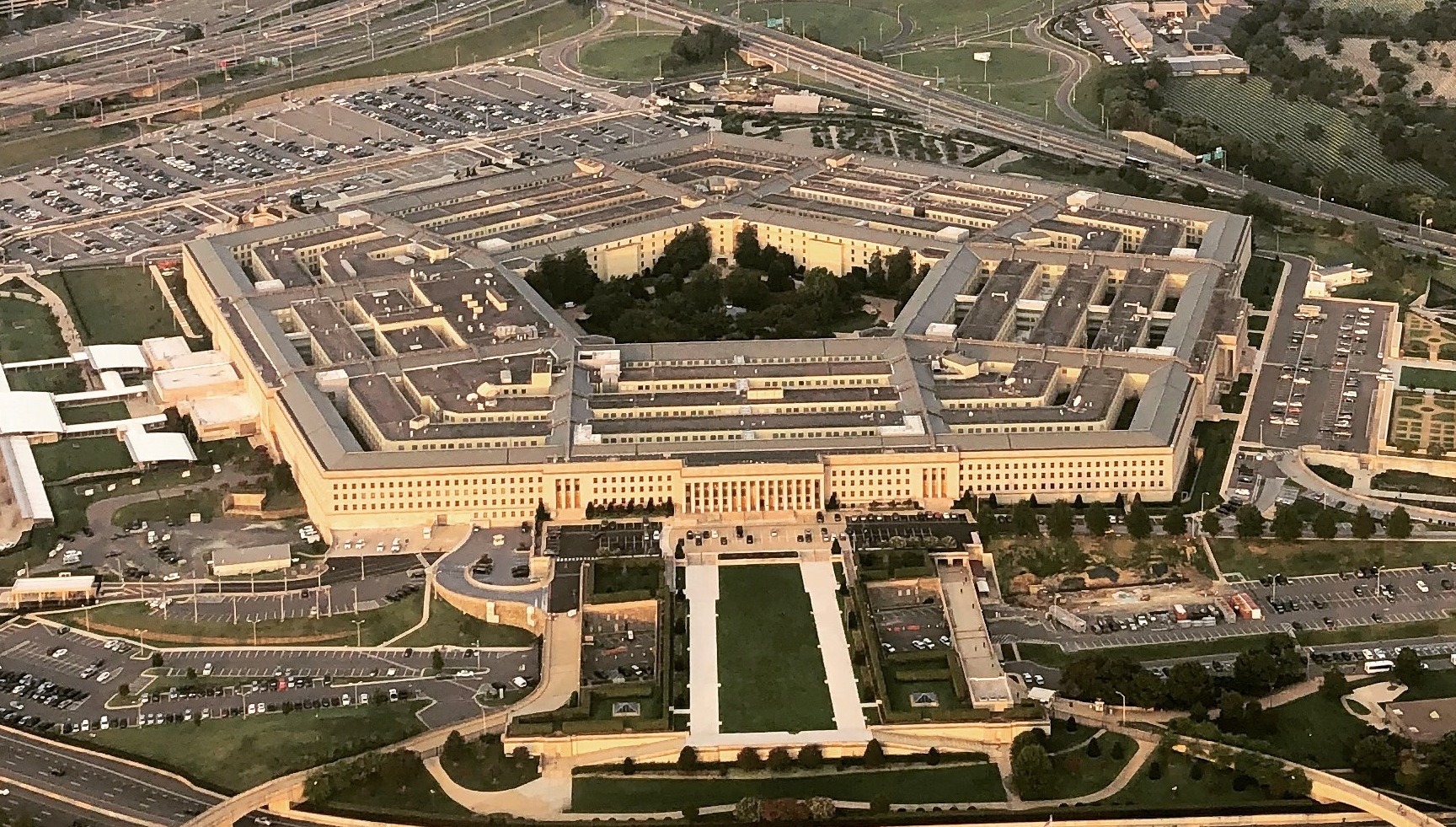
Revisiting the War Department: A Nostalgic Narrative
As the possibility of renaming the Pentagon back to the ‘War Department’ surfaces, the conversation surrounding this proposed shift isn't merely about name changes—it's a reflection on the implications of such a move. In an era that has witnessed significant changes in global power dynamics, President Trump's proposal hints at a longing for an era marked by military decisiveness and victory. However, this retrospective journey might overlook the fundamental evolution of warfare and diplomacy that has played a critical role in maintaining global peace.
The Historical Context: Why 'War Department'?
The original War Department referred to a period when America and major global powers were embroiled in both direct confrontation and proxy wars. Established amidst the escalating threat of communism in 1949, the modernization of American military strategy necessitated a name that echoed deterrent philosophy—an era defined by careful maneuvering away from a potential nuclear catastrophe. Historically, the Cold War was less about winning outright victories and more about strategic stalemates, which have helped avoid superpower conflict since the late 20th century.
Political Messaging: Reflection or Regression?
Some analysts speculate that Trump's push for this name change could serve to consolidate national sentiment—appealing to a sense of patriotism that leans heavily on notions of military glory. However, critics argue that romanticizing militarism ignores the lessons learned from decades of diplomacy. In shaping U.S. foreign policy, the focus should shift to strategies that prioritize peace and negotiation over combat. The proposed return to the War Department reflects a deeper ideological battle within American politics: the tension between traditional power displays and contemporary strategic interpersonal relations.
The Effects on National Security and Military Strategy
Changing the Pentagon's name could influence public perception regarding the U.S. approach to national security and military engagement. A return to a more war-centric terminology may constrain the American psyche to notions of conflict, potentially precipitating a shift in both domestic and foreign policy priorities. Overall, the national mindset plays a critical role in how policies unfold, and designating the Department of Defense as the War Department could suggest an increased readiness for military action, potentially lowering the threshold for using military force.
Understanding Contemporary Challenges: What Does This Mean For The Future?
Superpower Politics: As China grows in global influence and Russia intensifies its military campaigns in Eastern Europe, the return to the War Department title could signal a regression in diplomatic approaches. Recognizing the rising multipolarity in international relations is pertinent; the U.S. must adapt its strategies to avoid unnecessary conflict borne from outdated military paradigms.
Engagement and Action: Navigating Political Messaging
While the nostalgic appeal of reclaiming the War Department name might resonate with portions of the populace, it simultaneously invites a discourse surrounding military readiness versus diplomatic engagement. As citizens, it is imperative to engage in thoughtful examination of these proposed changes and their implications for U.S. policy both domestically and internationally.
Conclusion: The Path Forward in National Defense
In determining the trajectory of U.S. defense policy, understanding the significance of the terms we use is essential. Whether it’s the War Department or the Department of Defense, the essential focus should be on facilitating peace and ensuring security in an increasingly complex world. Advocating for policies that prioritize negotiation over militarization is not only a contemporary necessity; it’s a reflection of the values that have kept superpowers at bay for decades. Engage in the discussion—it's your responsibility as a citizen to influence the policies of today for a more peaceful tomorrow.
 Add Element
Add Element  Add Row
Add Row 



Write A Comment